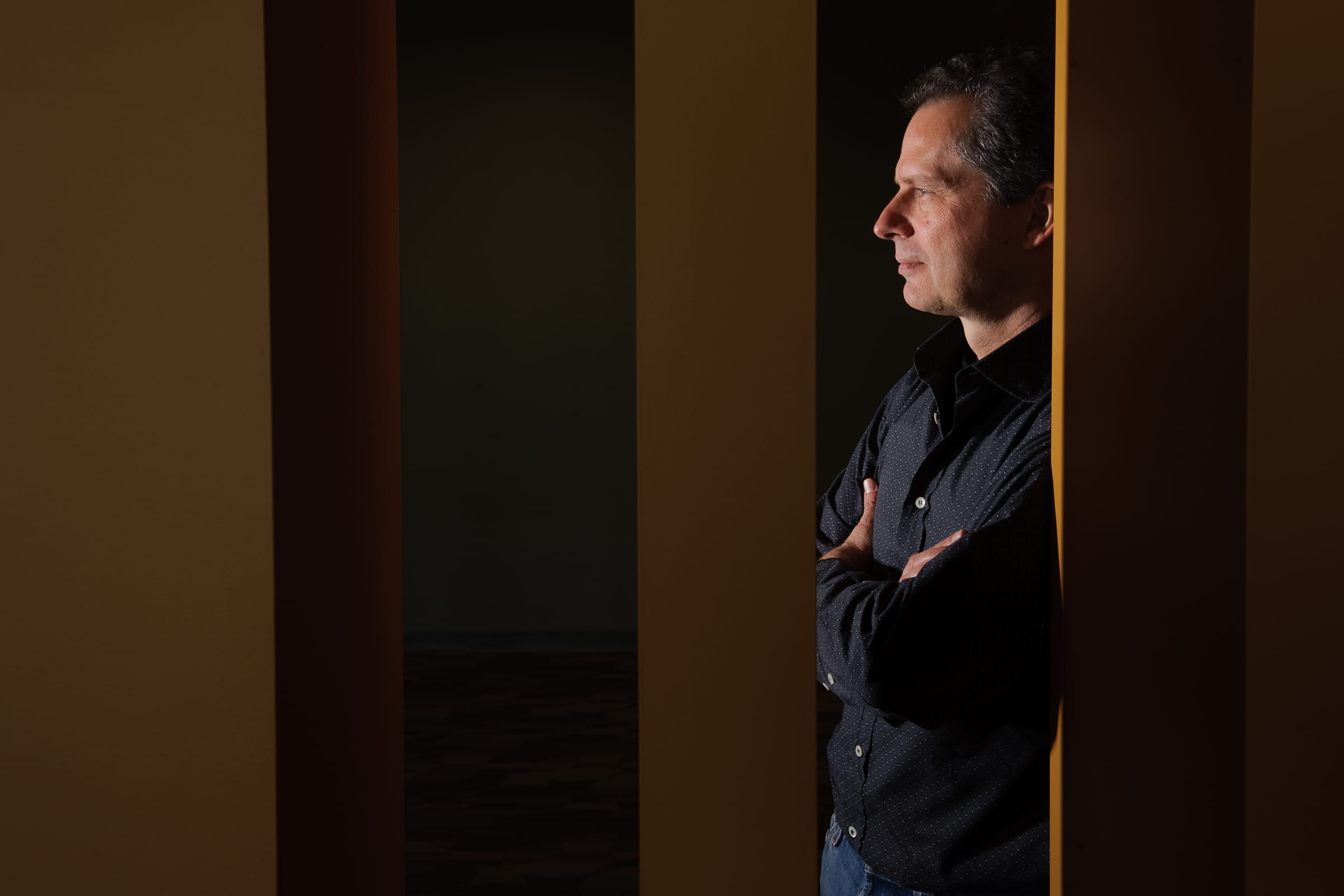FDA greenlights UCI clinical trial of treatment for blinding disease
A first-of-its-kind stem cell-based treatment for retinitis pigmentosa developed by UC Irvine’s Dr. Henry Klassen, Dr. Jing Yang and colleagues has received consent from the U.S. Food & Drug Administration for use in a clinical trial.

Irvine, Calif., May 7, 2015 — A first-of-its-kind stem cell-based treatment for retinitis pigmentosa developed by UC Irvine’s Dr. Henry Klassen, Dr. Jing Yang and colleagues has received consent from the U.S. Food & Drug Administration for use in a clinical trial.
A startup co-founded by Klassen and Yang to commercialize the therapy, jCyte Inc., will administer the trial – the first to be held at UCI to test a remedy created by UCI stem cell researchers. The investigational treatment is intended to preserve vision by intervening at a time when degenerating photoreceptors (rods and cones) can be protected and potentially reactivated.
“This milestone is a very important one for our project,” said Klassen, an associate professor of ophthalmology affiliated with UCI’s Sue & Bill Gross Stem Cell Research Center and Gavin Herbert Eye Institute. “It signals a turning point, marking the beginning of the clinical phase of development, and we are all very excited about this progress.”
By midyear, the phase I/II study will begin enrolling up to 16 patients at UCI and a possible second site. The primary purpose of the trial is to determine the safety of a single injection of retinal progenitor cells into the eyes of patients with advanced retinitis pigmentosa. But the effect on ocular function will also be assessed.
Stem cell therapy offers a new and promising approach to devastating blinding diseases such as RP, for which there is no current treatment. The initiation of this clinical trial represents the culmination of a research project stretching back more than a decade – a project, according to Klassen, accelerated by support from the state’s stem cell agency, the California Institute for Regenerative Medicine, which was created when voters passed Proposition 71 in 2004.
“Without the backing of CIRM and the people of California, we would have never made it this far this quickly,” Klassen said. “To the patients and their families who have been waiting all these years, I am delighted to finally be taking our research out of the lab and into the clinic.”
CIRM has granted the team $21 million to date for the project. While the funding is extremely important, Klassen stressed that the agency also tutors and guides its grantees in the many aspects of translational development and that this partnership grows closer during the later preclinical phase, where much is at stake.
“One of CIRM’s goals is to provide the support that promising therapies need to progress and ultimately get into clinical trials with patients,” said Jonathan Thomas, Ph.D., J.D., chair of the agency’s governing board. “RP affects about 1.5 million people worldwide and is the leading cause of inherited blindness in the developed world. Having an effective treatment for it would transform people’s lives in extraordinary ways.”
Sidney Golub, director of UCI’s Sue & Bill Gross Stem Cell Research Center, added: “We are thrilled that this trial is on the verge of implementation. It represents everything that we are trying to accomplish in the UCI stem cell program, in that it is innovative and targets an important unmet medical need. We will support this exciting program in all ways we can.”
The Gavin Herbert Eye Institute at UCI will participate in the trial, which is awaiting UCI institutional review board approval. The University of California has a patent pending on this technology. The startup jCyte has licensed rights to it from the university.
About the University of California, Irvine: Currently celebrating its 50th anniversary, UCI is the youngest member of the prestigious Association of American Universities. The campus has produced three Nobel laureates and is known for its academic achievement, premier research, innovation and anteater mascot. Led by Chancellor Howard Gillman, UCI has more than 30,000 students and offers 192 degree programs. It’s located in one of the world’s safest and most economically vibrant communities and is Orange County’s second-largest employer, contributing $4.8 billion annually to the local economy. For more on UCI, visit www.uci.edu.
Media access: Radio programs/stations may, for a fee, use an on-campus ISDN line to interview UC Irvine faculty and experts, subject to availability and university approval. For more UC Irvine news, visit wp.communications.uci.edu. Additional resources for journalists may be found at communications.uci.edu/for-journalists.